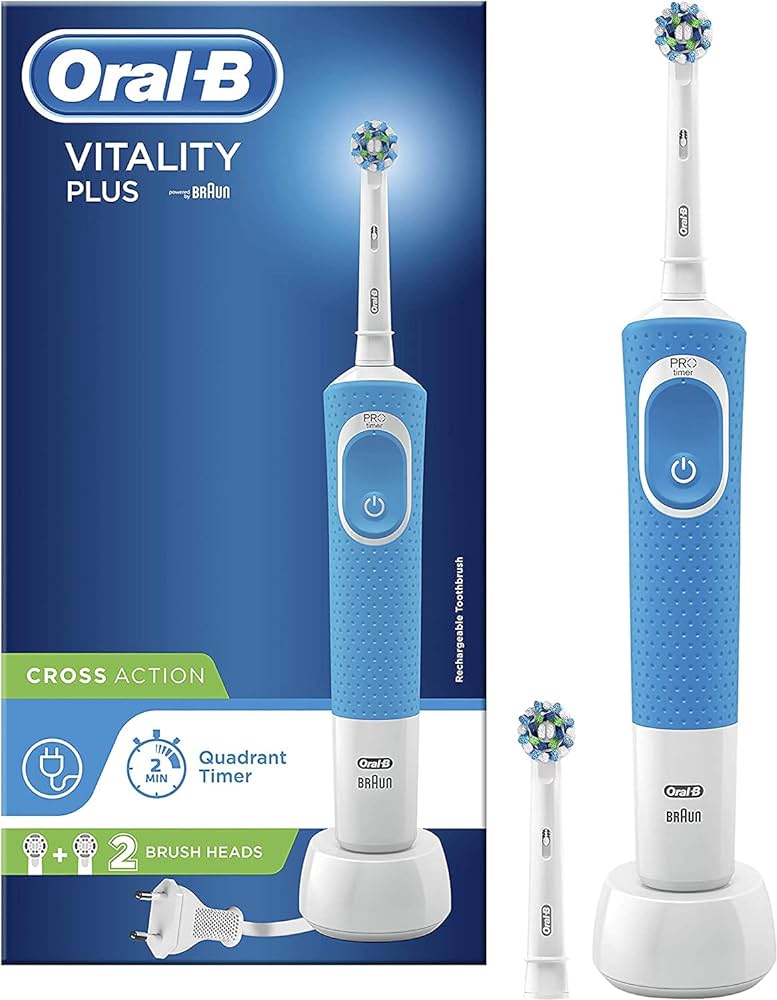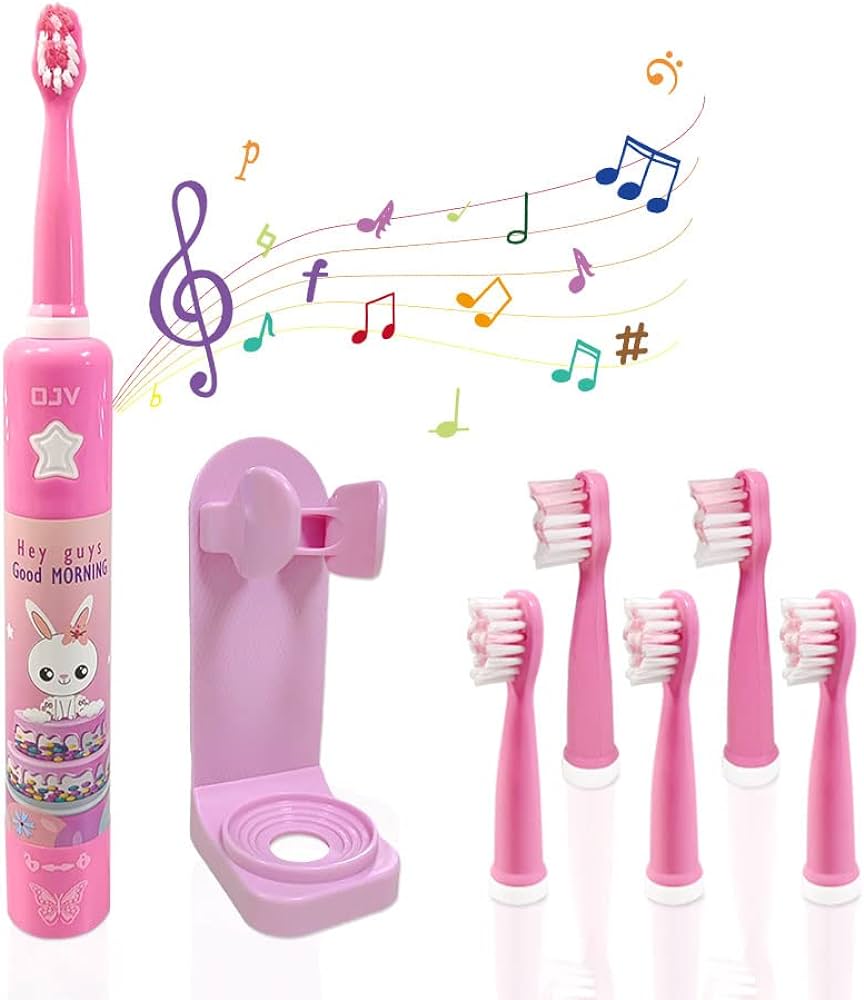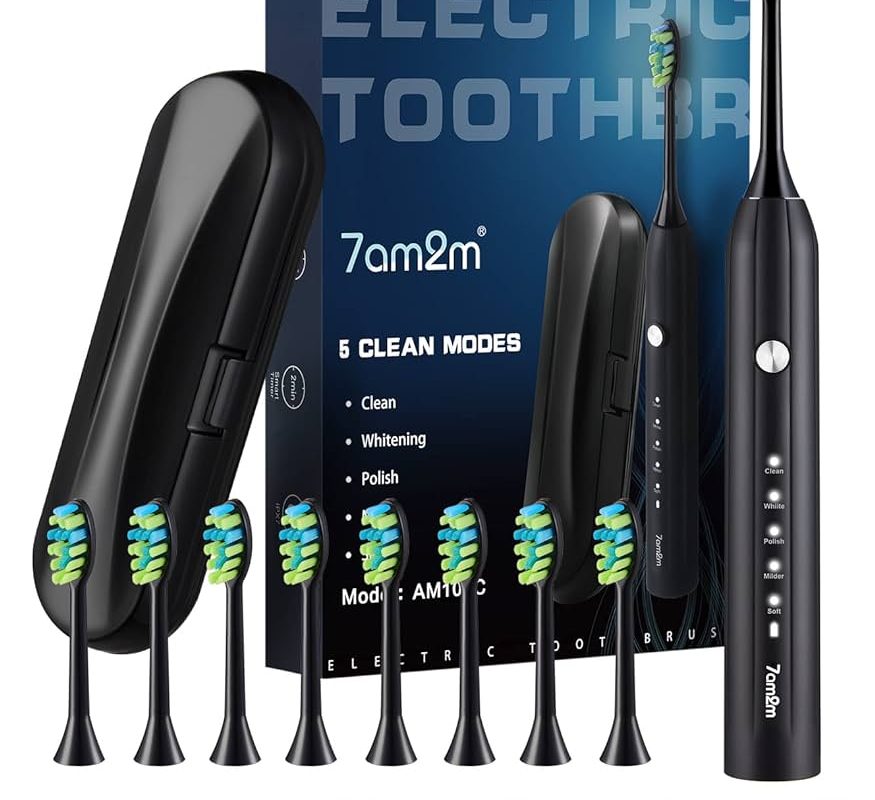Introduction
Flexible Spending Accounts (FSAs) are accounts that allow individuals to set aside pre-tax money for eligible medical expenses. Toothbrushes and toothpaste are essential components of oral care, and many individuals wonder if they are eligible for FSA coverage. In this article, we will explore the eligibility of toothbrushes and toothpaste for FSA reimbursement, considering factors such as FSA guidelines, the Affordable Care Act (ACA), and specific considerations related to these oral care items.

Is toothbrush and toothpaste FSA eligible?
Understanding FSAs and eligible expenses
FSAs are accounts set up by employers that enable employees to contribute pre-tax dollars to cover qualified medical expenses. Consider the following factors:
Eligible expenses: FSAs generally cover a wide range of eligible medical expenses, including those related to oral care. However, it is important to refer to the guidelines provided by the Internal Revenue Service (IRS) and the employer’s FSA plan to determine if specific items are considered eligible.
Over-the-counter (OTC) products: In the past, certain OTC products, such as toothbrushes and toothpaste, were eligible for FSA reimbursement without a prescription. However, as of January 1, 2011, the ACA changed the regulations, requiring a prescription for most OTC products to be eligible for FSA reimbursement.
Solution: Review the specific guidelines of your employer’s FSA plan and consult the IRS guidelines to determine if toothbrushes and toothpaste are considered eligible expenses under your FSA.

FSA guidelines and considerations
FSA guidelines can vary depending on the employer’s plan and IRS regulations. Consider the following factors:
Prescription requirement: The ACA implemented a prescription requirement for most OTC products to be eligible for FSA reimbursement. This means that a prescription from a healthcare professional is generally necessary to consider toothbrushes and toothpaste as eligible expenses.
Medical necessity: FSAs typically require that expenses be medically necessary to qualify for reimbursement. In the case of toothbrushes and toothpaste, a healthcare professional may need to determine and document the medical necessity for using specific types or brands for oral health reasons.
Employer’s FSA plan: Some employers may have more flexible FSA plans that still allow for the reimbursement of certain OTC products without a prescription. It is important to review the specific guidelines outlined in your employer’s FSA plan documentation.
Solution: Check the guidelines of your employer’s FSA plan and consult with a healthcare professional to determine if a prescription is required or if toothbrushes and toothpaste qualify as eligible expenses based on medical necessity.

Exceptions and considerations
While the ACA implemented a prescription requirement for most OTC products, there may be exceptions and considerations for toothbrushes and toothpaste. Consider the following factors:
OTC items with fluoride: Some toothpaste products contain fluoride, which is considered a medication rather than a traditional OTC product. These toothpaste products may still be eligible for FSA reimbursement without a prescription.
Pediatric considerations: Pediatric toothbrushes and toothpaste may have different guidelines and exceptions. Some FSA plans provide coverage for pediatric oral care items without requiring a prescription.
Employer’s plan amendments: Employers have the flexibility to amend their FSA plans based on specific circumstances. They may make exceptions or modifications to the prescription requirement for certain oral care items. Review your employer’s FSA plan documentation for any specific amendments or exceptions that may apply.
Alternative options for FSA reimbursement
If toothbrushes and toothpaste are not eligible for FSA reimbursement due to the prescription requirement or other factors, there may be alternative options to consider. Consider the following factors:
Prescription toothpaste: Certain prescription toothpaste products may be eligible for FSA reimbursement without requiring a separate prescription for toothbrushes. Consult with a healthcare professional to determine if prescription toothpaste is necessary for your oral health needs.
Dental services: FSA funds can be used to cover a wide range of dental services, including cleanings, fillings, and orthodontic treatments. If your FSA balance allows, you can allocate funds towards these dental services instead of using them for toothbrushes and toothpaste.
Oral health accessories: While toothbrushes and toothpaste may not be eligible expenses, other oral health accessories, such as floss, mouthwash, or tongue cleaners, may still qualify for FSA reimbursement. Check the guidelines of your employer’s FSA plan to determine the eligibility of these items.

Documentation and reimbursement process
To ensure smooth FSA reimbursement for eligible expenses, it is important to follow proper documentation and reimbursement procedures. Consider the following factors:
Prescription documentation: If a prescription is required for FSA reimbursement, obtain a written prescription from a healthcare professional. The prescription should clearly state the medical necessity for using specific toothbrushes, toothpaste, or other oral care items.
Itemized receipts: Save all itemized receipts for toothbrushes, toothpaste, or other eligible oral care items. These receipts should clearly indicate the purchase details, including the date, item description, and cost.
FSA reimbursement process: Follow your employer’s specific process for submitting FSA reimbursement claims. Typically, this involves completing a reimbursement form and attaching the necessary documentation, such as prescriptions and receipts. Submit the claim within the designated timeframe outlined in your employer’s FSA plan.
Documentation retention: Keep copies of all submitted documentation, including prescriptions, receipts, and reimbursement forms, for record-keeping purposes. In case of any questions or audits, having organized documentation will be beneficial.
Consult with FSA administrator or HR department
If you have any questions or need clarification regarding the eligibility of toothbrushes and toothpaste for FSA reimbursement, it is recommended to consult with your FSA administrator or the Human Resources (HR) department. They can provide specific guidance based on your employer’s FSA plan and help address any concerns or uncertainties.

Conclusion
Determining the eligibility of toothbrushes and toothpaste for FSA reimbursement requires careful consideration of FSA guidelines, employer’s plan, and specific circumstances. While the ACA generally implemented a prescription requirement for most OTC products, there may be exceptions for toothpaste with fluoride and pediatric oral care items. Consult with your employer’s FSA plan documentation and a healthcare professional to determine if a prescription is required or if toothbrushes and toothpaste qualify as eligible expenses based on medical necessity. Stay informed about any amendments or exceptions to the FSA guidelines that apply to specific oral care items. By understanding the specific guidelines and considering exceptions, you can make informed decisions about FSA reimbursement for toothbrushes and toothpaste.

